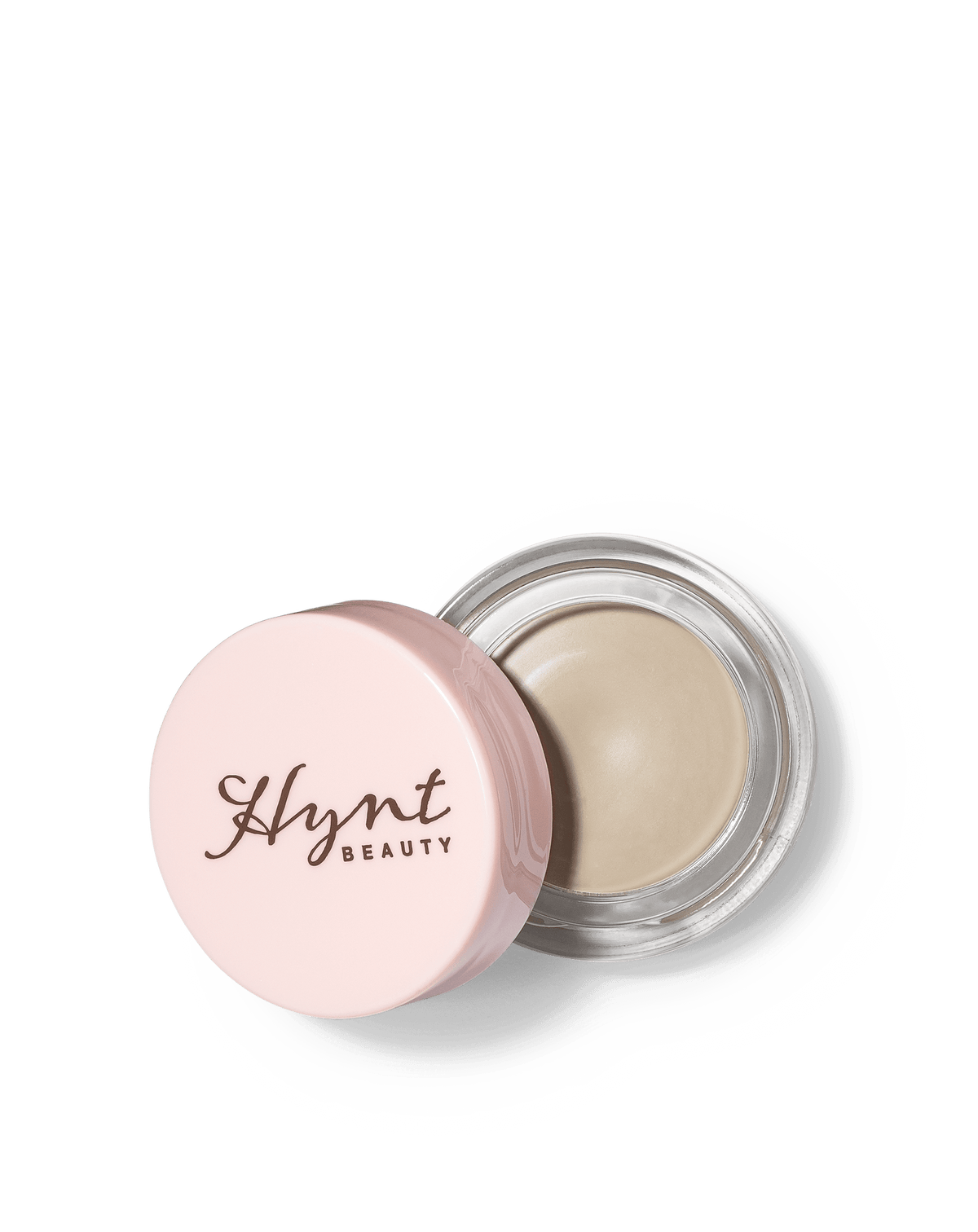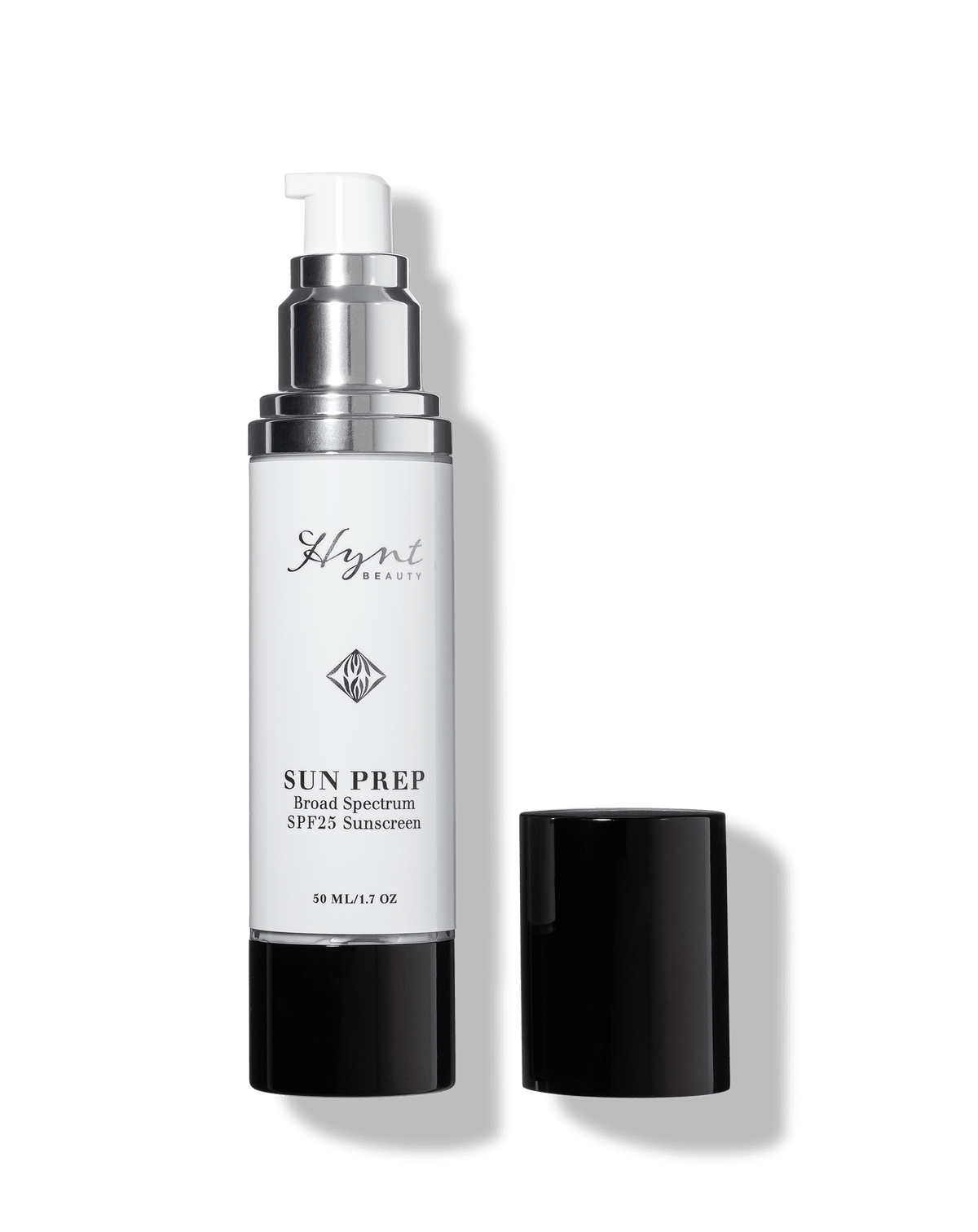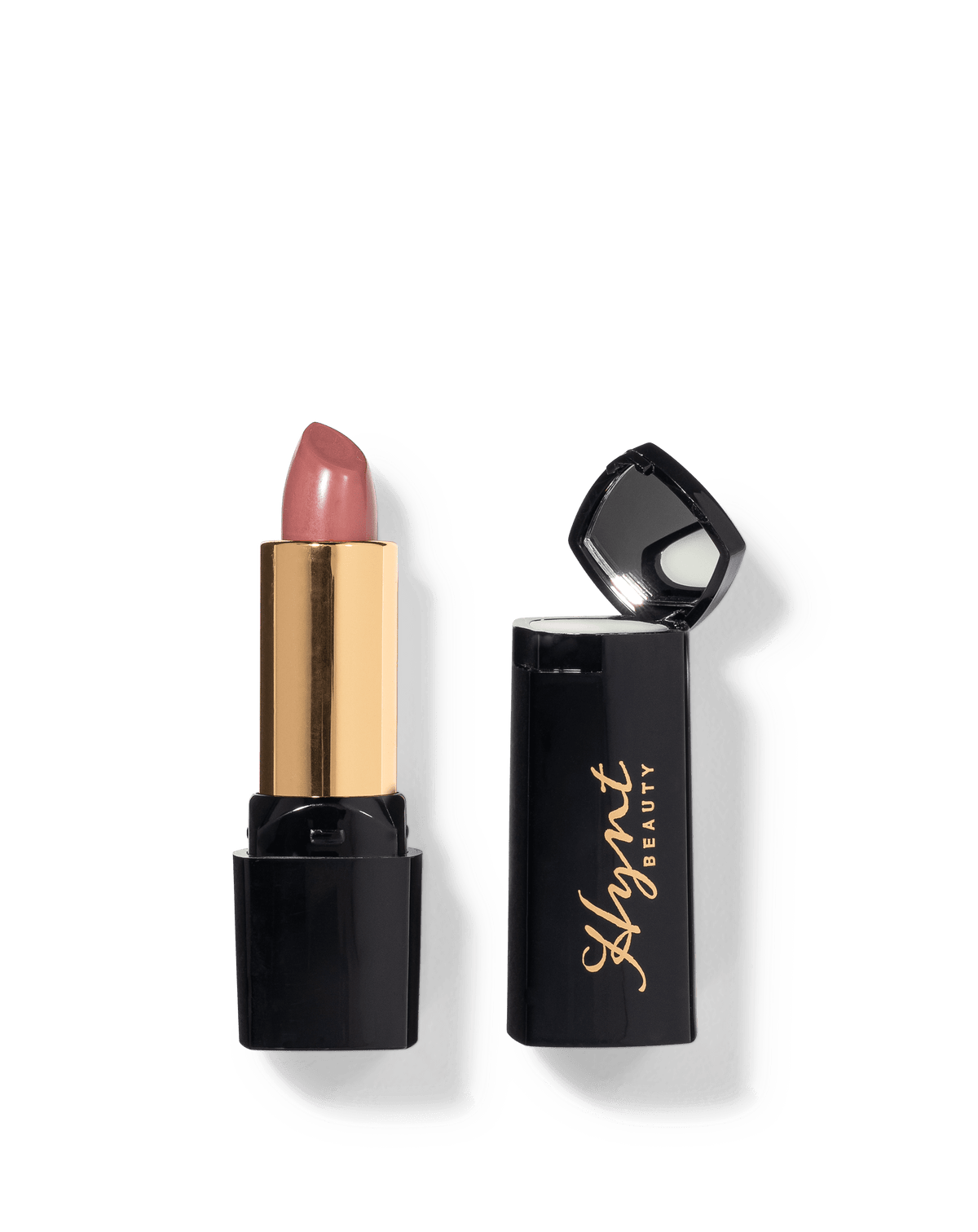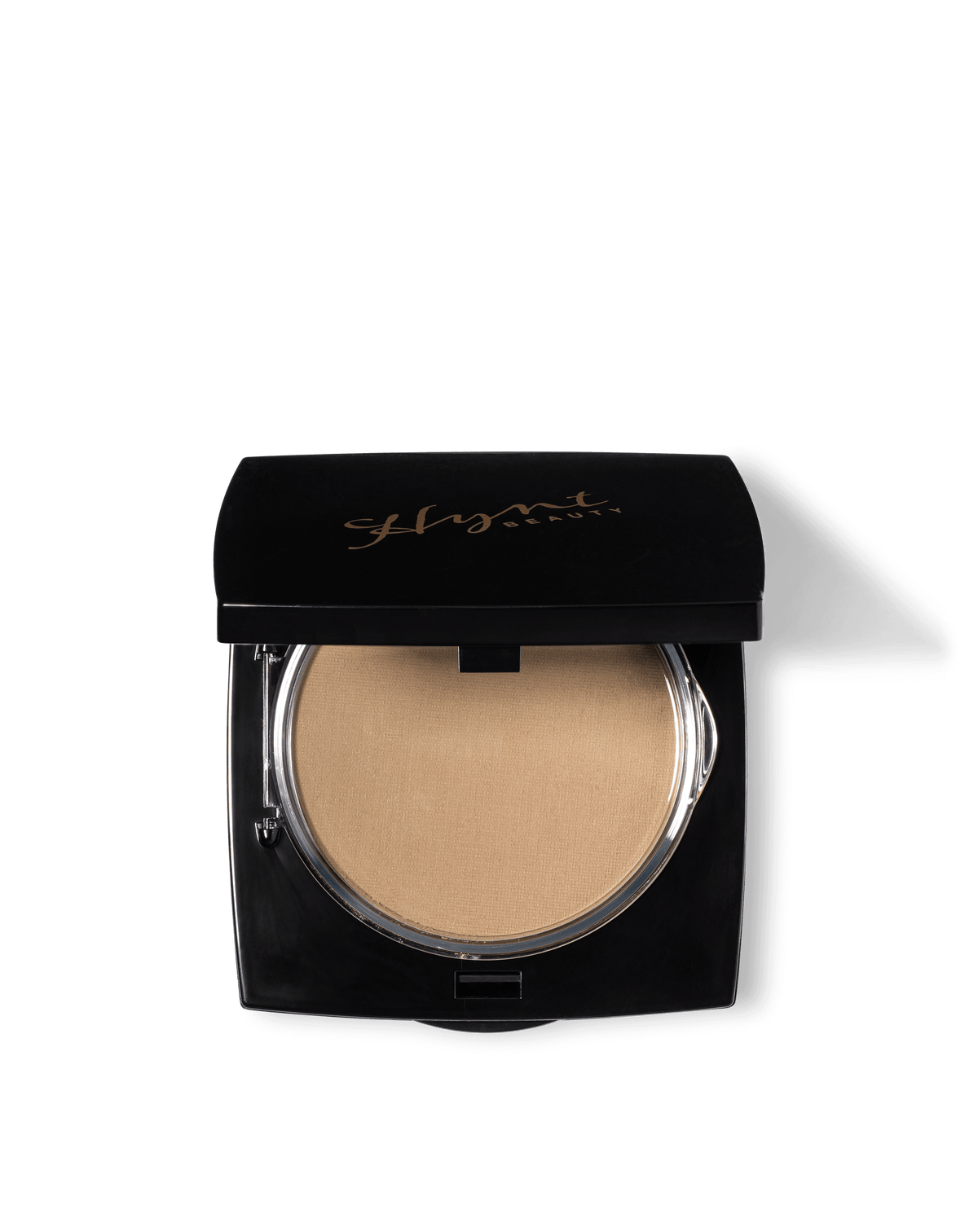 Responsible consumerism. Sounds good but what is it, really?Responsible consumerism, or ethical consumerism, is when customers make intentional purchases of products, opting for those that have minimal to no negative impact on humans, animals, and the environment. There are many ways to practice responsible consumerism. Purchasing beauty products made without the use of ingredients known to be harmful and that have not undergone animal testing is one way. Taking a closer look at how your products are packaged is another. Online shopping and the convenience it lends to consumers presents an obvious upswing in the use of packaging, as we are having more and more household items shipped directly to our doors, including cosmetics and personal care. And with e-commerce sales forecast to hit $4 trillion globally by the year 2020 according to eMarketer, the use of packaging materials won’t be slowing down any time soon.
Responsible consumerism. Sounds good but what is it, really?Responsible consumerism, or ethical consumerism, is when customers make intentional purchases of products, opting for those that have minimal to no negative impact on humans, animals, and the environment. There are many ways to practice responsible consumerism. Purchasing beauty products made without the use of ingredients known to be harmful and that have not undergone animal testing is one way. Taking a closer look at how your products are packaged is another. Online shopping and the convenience it lends to consumers presents an obvious upswing in the use of packaging, as we are having more and more household items shipped directly to our doors, including cosmetics and personal care. And with e-commerce sales forecast to hit $4 trillion globally by the year 2020 according to eMarketer, the use of packaging materials won’t be slowing down any time soon. Savvy shoppers with high demands on the brands they choose to support is a driving force behind green packaging. Another reason more brands will be turning to green packaging is the amount of plastics ending up in our oceans. The Ellen MacArthur Foundation estimates that by 2050 there could be more plastic (by weight) in the ocean than fish. Green packaging means that not as much junk will end up in landfills and oceans. It is also geared to protect our resources, reducing water and electricity usage and emissions. Recycled and recyclable, and biodegradable materials are better choices for packaging. For instance, here at Hynt we pack our products with green packing peanuts that are 100% biodegradable, made from organic starch, and dissolve with water. Our secondary packaging-boxes are comprised of 50% recycled material and 30% is post-consumer waste, and our plastic jars are made from either polypropylene or PET, both of which are easily recyclable.
Savvy shoppers with high demands on the brands they choose to support is a driving force behind green packaging. Another reason more brands will be turning to green packaging is the amount of plastics ending up in our oceans. The Ellen MacArthur Foundation estimates that by 2050 there could be more plastic (by weight) in the ocean than fish. Green packaging means that not as much junk will end up in landfills and oceans. It is also geared to protect our resources, reducing water and electricity usage and emissions. Recycled and recyclable, and biodegradable materials are better choices for packaging. For instance, here at Hynt we pack our products with green packing peanuts that are 100% biodegradable, made from organic starch, and dissolve with water. Our secondary packaging-boxes are comprised of 50% recycled material and 30% is post-consumer waste, and our plastic jars are made from either polypropylene or PET, both of which are easily recyclable. You likely already recycle your empty containers and packaging but may wonder what to do with partially used cosmetics. Products made without known toxins may be rinsed or put in the trash, then the container recycled. When disposing of conventionally produced beauty items, it’s important not to wash the contents down the drain. Instead, contact your local hazardous waste organization and see when you can take them in to be disposed of as safely as possible. If you don’t have access to a hazardous waste facility, pitch the item into the garbage without rinsing. Note: Any beauty products that contain lead or acrylates (like lipstick and nail polish) should always be disposed of safely. One way to minimize the adverse effects of left over product going down your drain is to make sure the cosmetics you use is formulated with clean, naturals-based ingredients. What's considered harmful to our skin is usually harmful to the environment and especially our oceans -- if not more. For example, did you know that two commonly used traditional sunblock chemicals, oxybenzone and octinoxate, are also very toxic to coral reefs? So much so that Hawaii, Key West (Florida), and a handful of other popular vacation spots around the world have banned sun screens that contains these chemicals known to contribute to coral bleaching . Mineral-based sunscreens, such as our SUN PREP Broad Spectrum SPF 25 that uses Titanium Dioxide as it's protective ingredient that's further boosted by a blend of organic essential oils and natural extracts, is a much gentler choice over the chemical sunscreens. Also, try to avoid formulas with nano-particles, which can be harmful to ocean life as well.Another way that we at Hynt reduce waste is through our comprehensive sampling program. Most of our products are available for purchase in sample size at a reasonable price so you can try before you buy. Because any returned products must be disposed of, we work to limit customer returns and our sample program is an important component in creating a valuable customer experience while reducing the use of packaging and waste. We also prefer glass, which is recyclable, and use it whenever possible. Boxes should be placed along with your newspaper, mixed paper, etc. to be recycled.
You likely already recycle your empty containers and packaging but may wonder what to do with partially used cosmetics. Products made without known toxins may be rinsed or put in the trash, then the container recycled. When disposing of conventionally produced beauty items, it’s important not to wash the contents down the drain. Instead, contact your local hazardous waste organization and see when you can take them in to be disposed of as safely as possible. If you don’t have access to a hazardous waste facility, pitch the item into the garbage without rinsing. Note: Any beauty products that contain lead or acrylates (like lipstick and nail polish) should always be disposed of safely. One way to minimize the adverse effects of left over product going down your drain is to make sure the cosmetics you use is formulated with clean, naturals-based ingredients. What's considered harmful to our skin is usually harmful to the environment and especially our oceans -- if not more. For example, did you know that two commonly used traditional sunblock chemicals, oxybenzone and octinoxate, are also very toxic to coral reefs? So much so that Hawaii, Key West (Florida), and a handful of other popular vacation spots around the world have banned sun screens that contains these chemicals known to contribute to coral bleaching . Mineral-based sunscreens, such as our SUN PREP Broad Spectrum SPF 25 that uses Titanium Dioxide as it's protective ingredient that's further boosted by a blend of organic essential oils and natural extracts, is a much gentler choice over the chemical sunscreens. Also, try to avoid formulas with nano-particles, which can be harmful to ocean life as well.Another way that we at Hynt reduce waste is through our comprehensive sampling program. Most of our products are available for purchase in sample size at a reasonable price so you can try before you buy. Because any returned products must be disposed of, we work to limit customer returns and our sample program is an important component in creating a valuable customer experience while reducing the use of packaging and waste. We also prefer glass, which is recyclable, and use it whenever possible. Boxes should be placed along with your newspaper, mixed paper, etc. to be recycled. It is important to note that before selecting packaging, all cosmetic formulas must be tested with the container. Some work well, like those mentioned above, and some, like a corn-based container we tried in the past, do not. We continue to explore packaging options, such as magnetic palettes for eyeshadows or those made from biodegradable materials. As our company grows, we will be able to make better choices for all of us.We will continue to take Hynt to new levels of eco-consciousness as materials and processes become available. Supporting responsible consumerism while continuing to offer the best natural cosmetics to our customers is what we are all about.
It is important to note that before selecting packaging, all cosmetic formulas must be tested with the container. Some work well, like those mentioned above, and some, like a corn-based container we tried in the past, do not. We continue to explore packaging options, such as magnetic palettes for eyeshadows or those made from biodegradable materials. As our company grows, we will be able to make better choices for all of us.We will continue to take Hynt to new levels of eco-consciousness as materials and processes become available. Supporting responsible consumerism while continuing to offer the best natural cosmetics to our customers is what we are all about.




0 comments